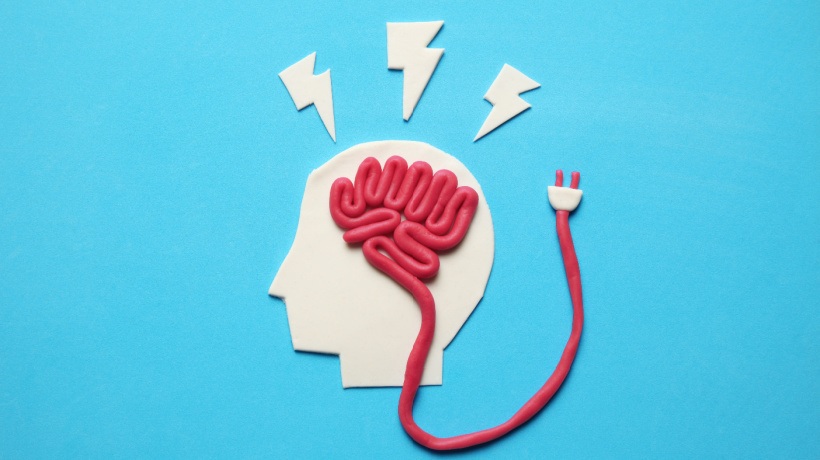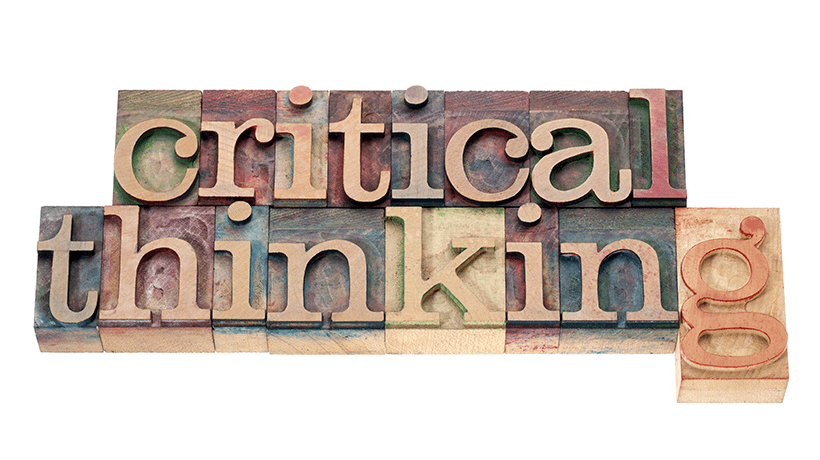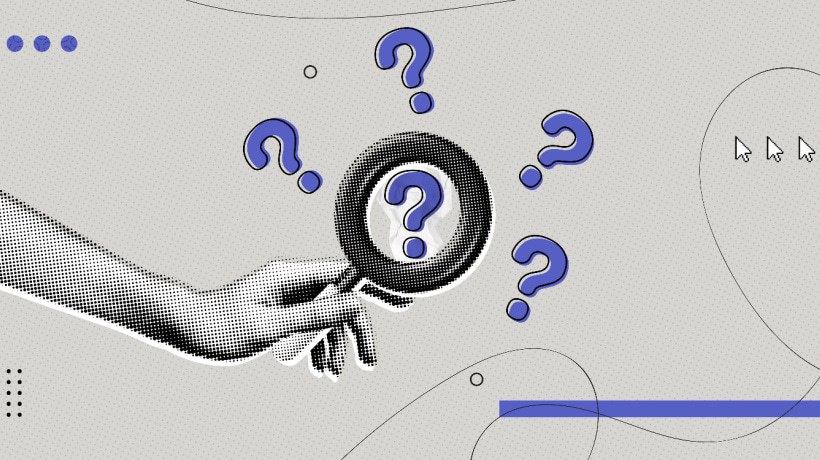Developing Powerful Critical Reasoning Skills
Critical thinking is undifferentiated from utilizing a mental Swiss army knife; it involves examining, analyzing, dismantling, and surveying the data you come across, whether it be as voice, composing, or thought. Beginning from the Greek word "kritikos," which implies ready to pass judgment or observe, critical thinking isn't synonymous with negativity or attention to defects. All things considered, it has to do with improving the skill to figure out intricacy, think about opposing perspectives, and orchestrate encounters to make wise decisions. Whether you're answering an issue, building a bridge, or unraveling a political plan, powerful critical thinking relies upon utilizing solid data to search over the obscurity of thoughts.
What Are Critical Thinking Skills?
The specialty of critical thinking envelops the dominance of grasping, assessing, and analyzing accessible information to arrive at decisions or find precision. Critical thinking shows remarkably in people, exhibiting different aspects of mental ability. A few models include:
- Problem-solving prowess
The capacity to solve problems is a fundamental part of critical reasoning. The capacity to recognize and perceive issues is an impetus for initiative, mindfulness, and progressive change. Recognizing the presence of issues is the most important move toward creating functional solutions, which stresses the need to take the initiative and address impediments. - Research proficiency
Thorough analysis provides individuals with preparedness and knowledgeable expression while presenting information. Thoroughly researching a topic enables one to formulate intelligent queries and use accurate, reliable sources. - Analytical insight
Examining research findings leads to the exploration of underlying truths and improves sophisticated knowledge. True critical thinkers avoid taking things at face value and go deeper to reveal deeper details. - Open-mindedness
To advance, one must embrace receptiveness in relationships and group projects. Ignoring opposing viewpoints hastily impedes development and fosters conflict. To effectively overcome obstacles, one must be receptive to many viewpoints.
The Importance Of eLearning: Accompanying Benefits In the Journey Of Cultivating Critical Thought
Understanding eLearning's intrinsic importance is crucial as attention to it grows. Explore the following insights to see how the eLearning endeavor may benefit everyone, especially those who wish to explore avenues to nurture their critical thinking skills.
1. Embracing Flexibility And Convenience
eLearning appeals to all age groups and offers a convenient way to study. Because of its flexibility, it may be used by people with different schedules, which is especially useful for people who have to balance job obligations. Instead of following strict schedules, students may interact with the course materials whenever it's convenient for them, regardless of where they are in the world.
2. Cost-Effectiveness
eLearning's foundation is its low-cost ability to substitute traditional classroom learning. eLearning is a cost-effective substitute since it removes the costs related to moving and acquiring resources. If students have access to a computer and the Internet, they may pursue an education without worrying about money.
3. Flexibility
eLearning is unique in the ever-changing field of education because of its versatility and user-friendliness. It is expected that demand for flexible educational initiatives will rise as more people become aware of its numerous advantages. Discover the possibilities of affordable, self-paced learning from the comforts of your home by investigating the numerous eLearning options that are currently accessible.
4. Dynamic Content Updates
eLearning's capacity to adapt to changing environments is one of its greatest strengths. Unlike static textbooks, online materials are always updated, so they are always in touch with the latest advancements and trends. This flexibility allows students to stay up-to-date on the most recent discoveries, resulting in an education that is always enriched.
5. Rejuvenated Learning
Concepts may be easily reviewed and reinforced because of eLearning's built-in flexibility. Learners may readily review course materials to fill in cognitive gaps and reinforce learning during periods of distraction or inattention. Rewind and replay features encourage a more in-depth interaction with the material while reducing the negative effects of short attention spans.
6. Viability In Making Use Of Time Productively
eLearning offers a major time-saving advantage over traditional teaching methods. Regular classroom schedules impose temporary demands on students, making it difficult for them to continue their studies in between lessons. However, with eLearning, these restrictions are removed and students are free to select the study regimens that work best for them. eLearning is the most productive way to obtain information since it is flexible, continuous, and does not need commuting.
Techniques To Enhance Critical Thinking
1. Accept The Art Of Reading
Fostering critical thinking skills early on creates the foundation for long-term advantages. More specifically, fostering a love of rapid reading in kids can be a powerful stimulus for developing critical thinking abilities. Youngsters who learn to read quickly and effectively can take in a lot of knowledge in shorter amounts of time, which will enable them to confidently and clearly handle challenging situations.
Furthermore, mastery of quick learning enhances cognitive abilities and increases critical thinking skills. Quick learners are better able to analyze complex data and draw clear conclusions, which supports working memory and executive function—two important aspects of problem-solving.
2. Interrogate Everything
Developing an outlook of questioning is urgent in honing critical reasoning ability. Instead of latently tolerating data at face value, it's basic to dig further, examining sources and testing hidden aims. Pose relevant questions, such as the source's validity, their thought processes, and the proof supporting their cases. This thorough cross-examination enhances understanding as well as braces analytical faculties, encouraging a more vigorous grasp of the subject matter.
3. Deconstruct Arguments
Analyzing arguments with accuracy is a powerful process for sustaining critical reasoning abilities. Distinguish the center attestation, perceive supporting proof, and stay careful for coherent traps that sabotage legitimacy. Embrace elective perspectives and expect counterarguments, refining one's thinking and upgrading decision-making ability.
4. Think Thoughtfully
A vital component in improving critical reasoning abilities is normal self-reflection. Mindfulness and basic, objective reasoning increment when one assesses their own predispositions, suspicions, and mental cycles. Embrace the groundbreaking force of testing prized convictions while staying open to different points of view and information-driven disclosures.
5. Embrace Diverse Perspectives
When communicating with peers, effectively searching out various perspectives is pivotal to creating critical reasoning abilities. Acknowledge the worth of the variety of life experiences and perspectives, cautiously inspecting contradicting contentions. This try grows perspective and fosters a modern viewpoint in light of top-to-bottom exploration and taught discussion.
Conclusion
We have explored the core of critical thought in these lines, going beyond simple critique. Proficiency in critical thinking requires the capacity to formulate and dissect arguments with effectiveness. We use arguments in many aspects of our everyday lives, such as persuasive advertising, interpersonal conversations when persuasion is crucial, and even when using arguments to further one's interests. Knowing the nuances of critical thinking gives us the ability to go through these situations with intelligence and judgment.









